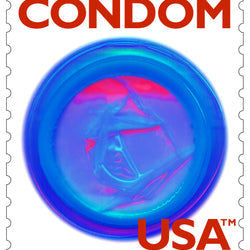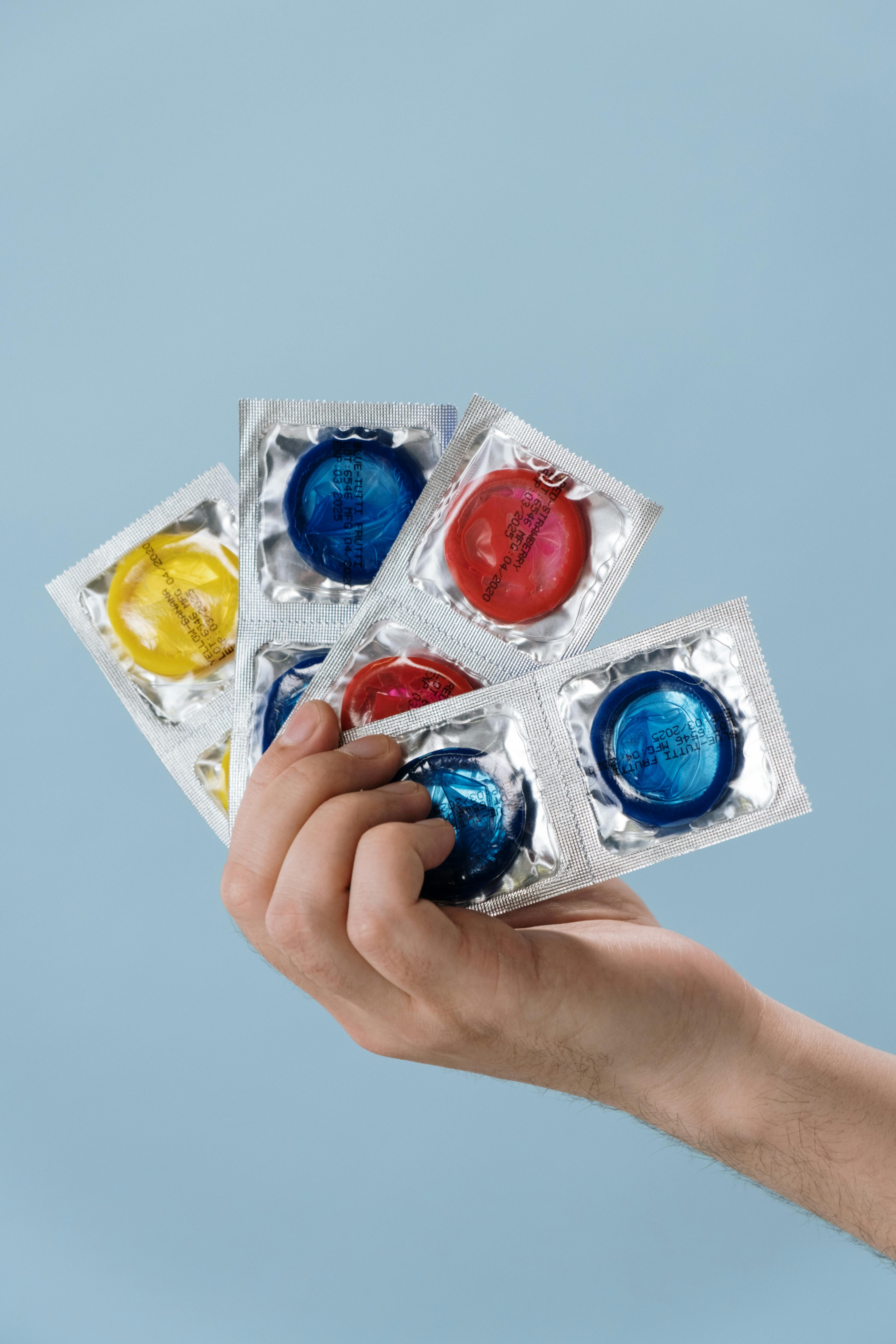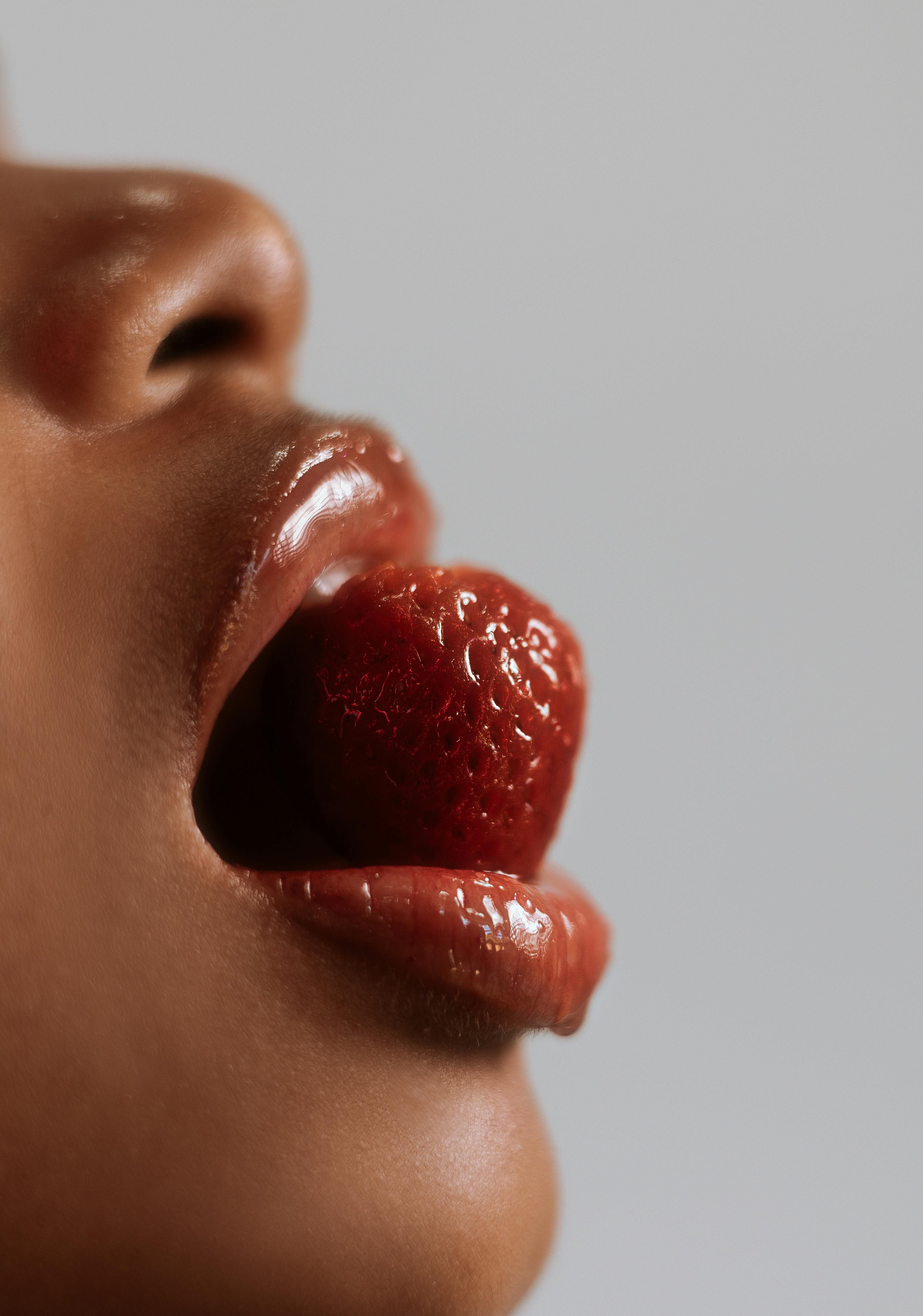Sexual health is deeply tied to a man's physical, emotional, and mental well-being. When issues like low libido or loss of erection arise, they can feel confusing and even alarming. If you're experiencing these problems, you're not alone—and there are real, treatable causes behind them. In this article, we’ll explore the major reasons why men lose sexual drive or struggle to maintain erections.
Understanding Male Sexual Health

What is Libido?
Libido is a person's overall sexual drive or desire for sexual activity. For men, libido is influenced by biological, psychological, and social factors. It fluctuates over time and may decrease due to health conditions, medications, or stress.

The Erection Process Explained
An erection involves a complex interaction between the brain, hormones, nerves, muscles, and blood vessels. When any one of these systems is disrupted, erectile dysfunction (ED) can occur. Libido often drives the process, so when it's low, sexual performance may decline too.
How Common Are These Issues?

Statistics on Low Libido and Erectile Dysfunction
Studies show that around 1 in 5 men experience low libido at some point in their lives. Erectile dysfunction is even more common, especially with age—affecting nearly 30 million men in the U.S. alone.

Age and Risk Factors
While age is a natural risk factor, younger men are increasingly facing these challenges due to lifestyle choices, stress, and hormonal imbalances. The earlier you understand the causes, the easier it is to treat them.
Physical Causes of Low Libido and ED

Cardiovascular Conditions
Heart disease, high blood pressure, and clogged arteries can reduce blood flow to the penis, making erections difficult to achieve or maintain.

Diabetes
Uncontrolled blood sugar levels damage blood vessels and nerves, leading to both low libido and erectile dysfunction.
Hormonal Imbalances
A drop in testosterone—known as “Low T”—is one of the most common physical causes. It not only decreases sexual desire but also energy levels and mood.
Psychological Triggers

Stress and Anxiety
Mental health directly affects sexual health. Chronic stress releases cortisol, which interferes with testosterone production and sexual response.

Depression
Depression can diminish interest in sex and also reduce performance. Many antidepressants worsen the problem by reducing libido as a side effect.

Relationship Issues
Unresolved conflict, poor communication, and lack of emotional intimacy with a partner often manifest as physical sexual issues.
Lifestyle-Related Factors

Poor Diet and Lack of Exercise
Obesity and sedentary habits contribute to hormonal imbalances and poor circulation, both of which harm sexual performance.

Alcohol and Substance Abuse
Excessive drinking or drug use dulls the nervous system, impairs judgment, and can cause long-term sexual dysfunction.

Smoking
Nicotine restricts blood flow, which is essential for an erection. Smoking also affects testosterone levels negatively.
Medication and Drug Side Effects
Common Prescriptions That Affect Libido
Drugs for high blood pressure, depression, and prostate issues can reduce libido or cause erectile dysfunction.
Hormonal Disruptions
Low Testosterone
Men naturally lose testosterone with age, but certain conditions like hypogonadism accelerate the decline.
Thyroid Issues
An overactive or underactive thyroid can disrupt hormones that affect libido and erection.
Role of Sleep and Rest
How Sleep Affects Sexual Function
Poor sleep reduces testosterone levels and increases stress, both of which are bad news for sexual health.
Sleep Apnea and Libido
Men with sleep apnea often suffer from low libido due to oxygen deprivation and hormonal imbalance.
Impact of Porn and Masturbation Habits
Desensitization Effects
Watching excessive porn can lead to decreased sensitivity and unrealistic expectations, affecting libido and arousal.
Performance Anxiety
When arousal becomes dependent on visual stimuli rather than emotional connection, it may lead to anxiety during real-life intimacy.
Low libido and erectile dysfunction may feel isolating, but they are incredibly common and highly treatable. Whether it's physical, emotional, or lifestyle-related, identifying the cause is the first step to reclaiming your vitality. Speak with your doctor, make small daily changes, and know you're not alone in the journey. Know that there are ways to improve upon this issue and you and your partner can take this opportunity to expand and grow closer together.






Leave a comment